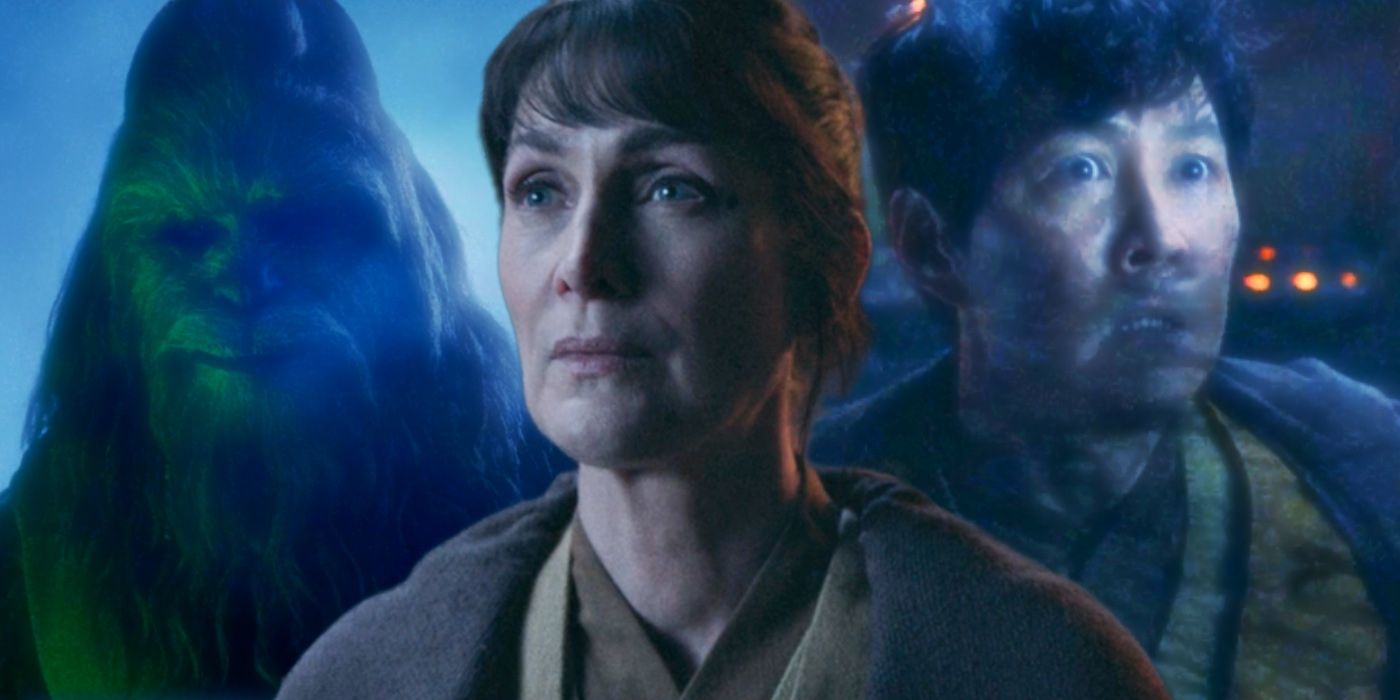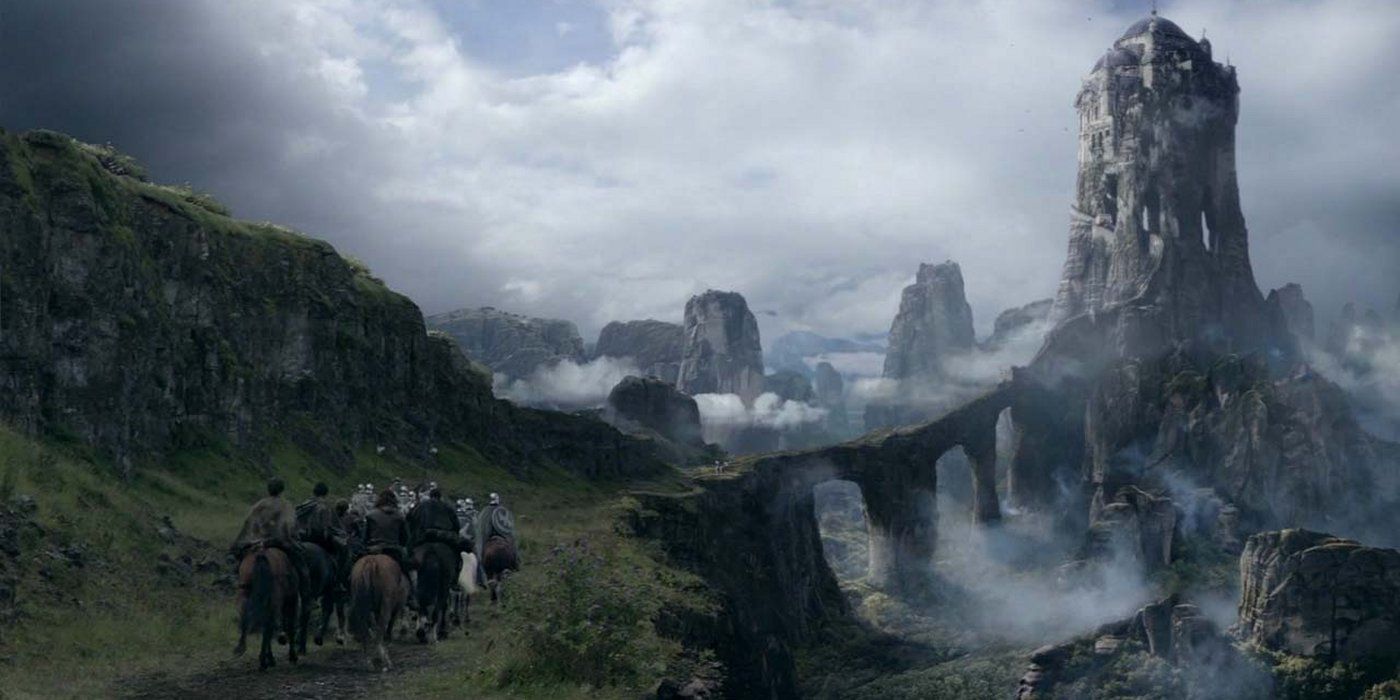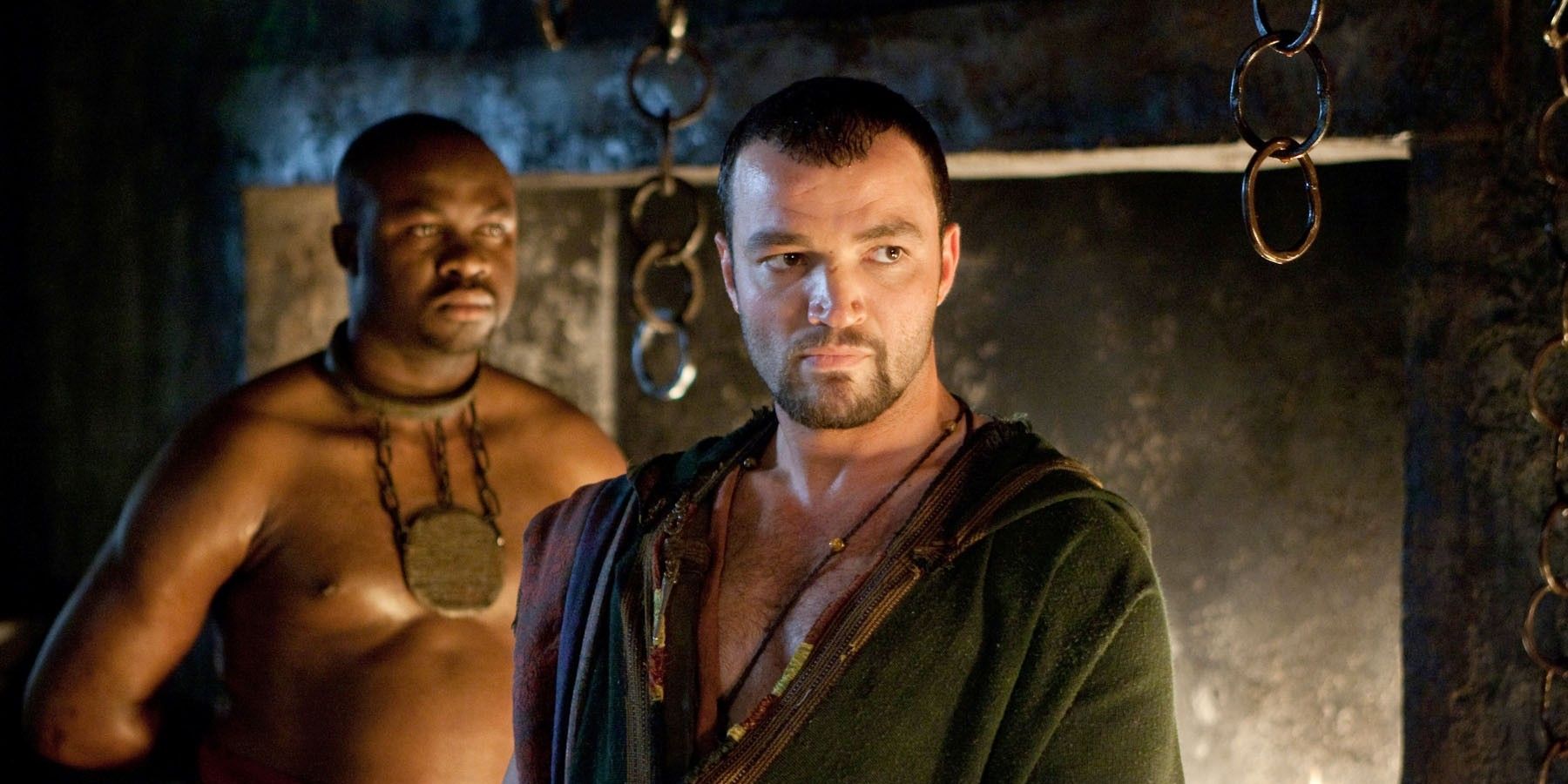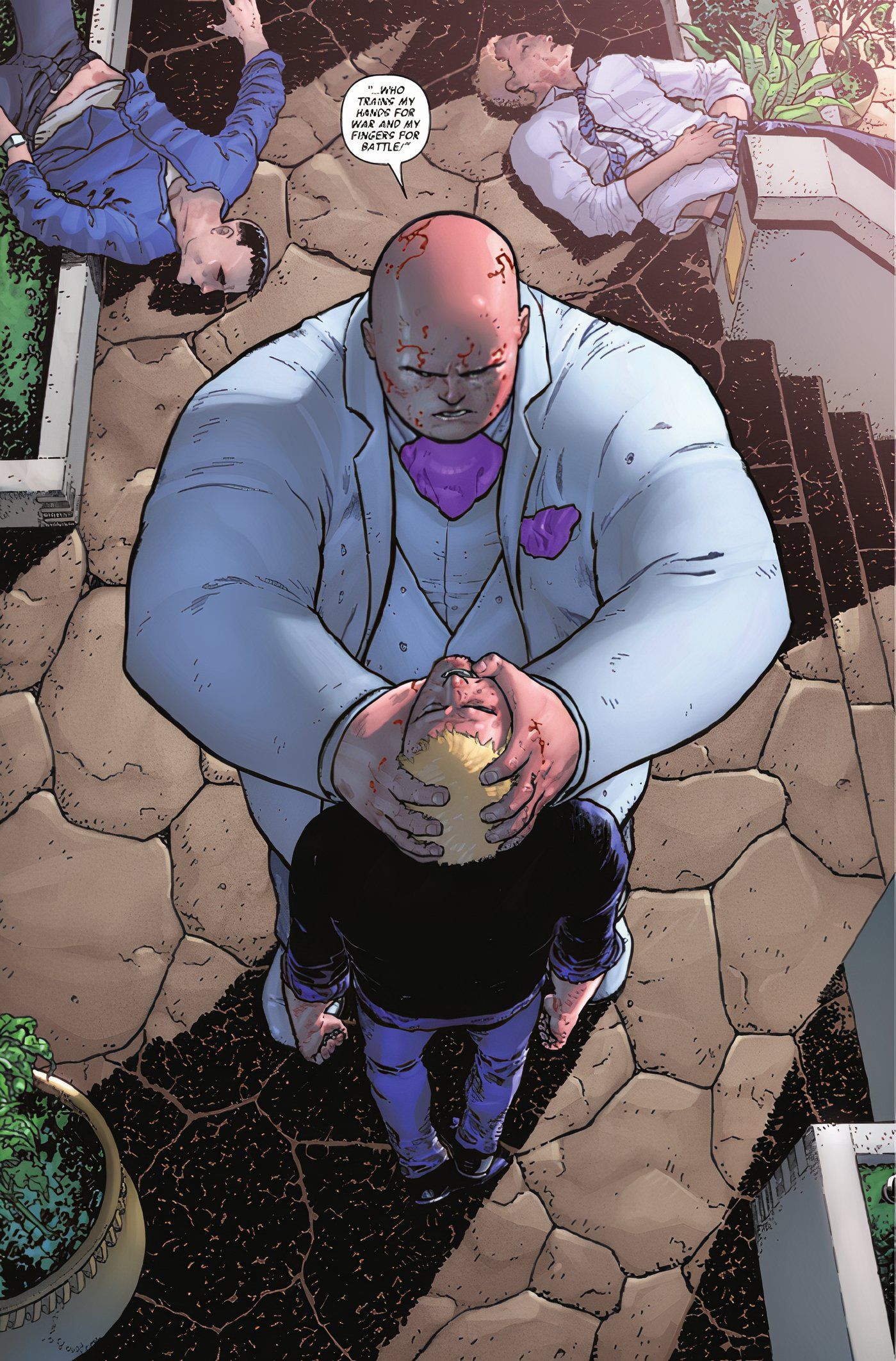For as long as there have been war movies there have been anti-war movies. In fact, one of the earliest Best Picture wins was for the distinctly anti-war movie All Quiet on the Western Front (1930). Arguably, it could be said that every war movie carries in it some anti-war message. However, highlights of the genre are movies that go out of their way to condemn war, to show it as a complex and messy business that can not be divided amongst ‘good guys’ and ‘bad guys’. Spike Lee’s latest, Da 5 Bloods, follows five black veterans as they return to Vietnam.
Lee’s film is informative and emotional but remains entertaining, funny, and tense. Here are 10 great films that successfully convey their own brand of anti-war message.
Apocalypse Now (1979)
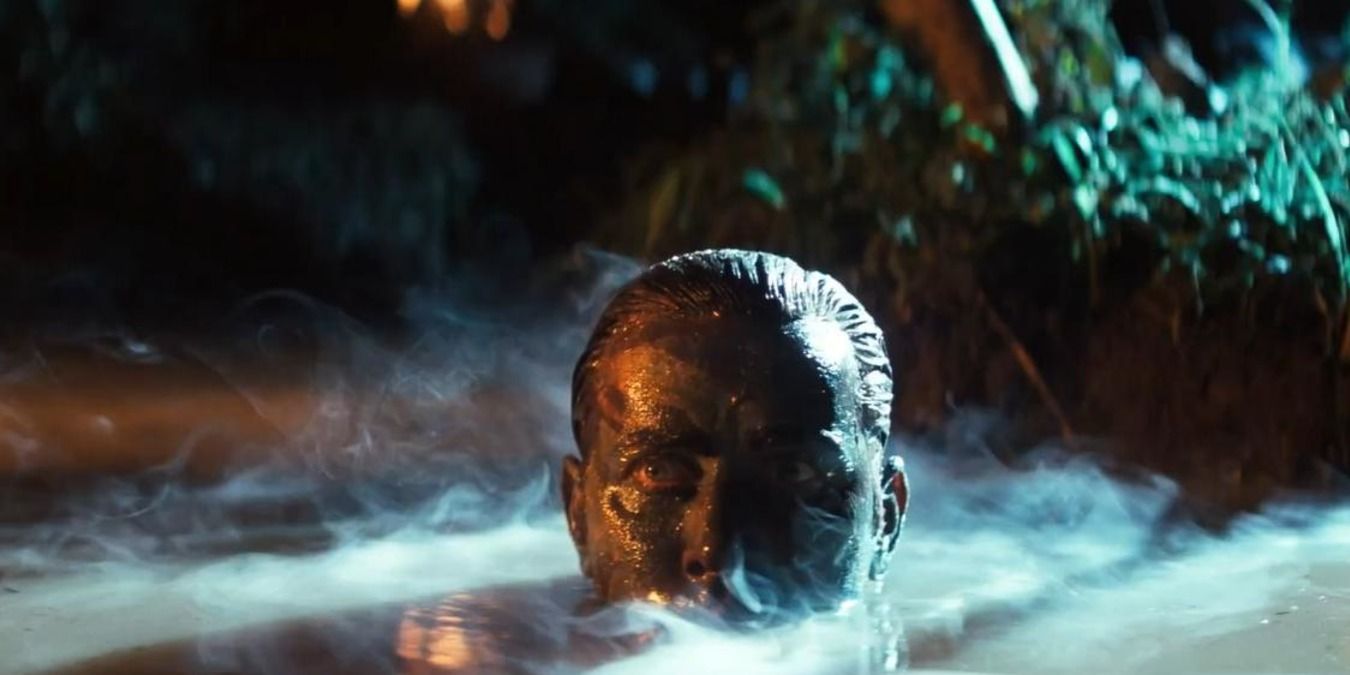
Taking inspiration from Joseph Conrad’s Heart of Darkness, Apocalypse Now shows war (and particularly in Vietnam) as a chaotic and mindless descent into madness. Captain Willard is tasked with traveling downriver to assassinate a US general, Colonel Kurtz, who has gone rogue.
As he journeys, he sees scenes of mindless destruction, soldiers fighting without direction or leadership and young men who can’t tell the difference between war and summer vacation. Very few films offer such a stringent criticism of the war in Vietnam.
Das Boot (1981)
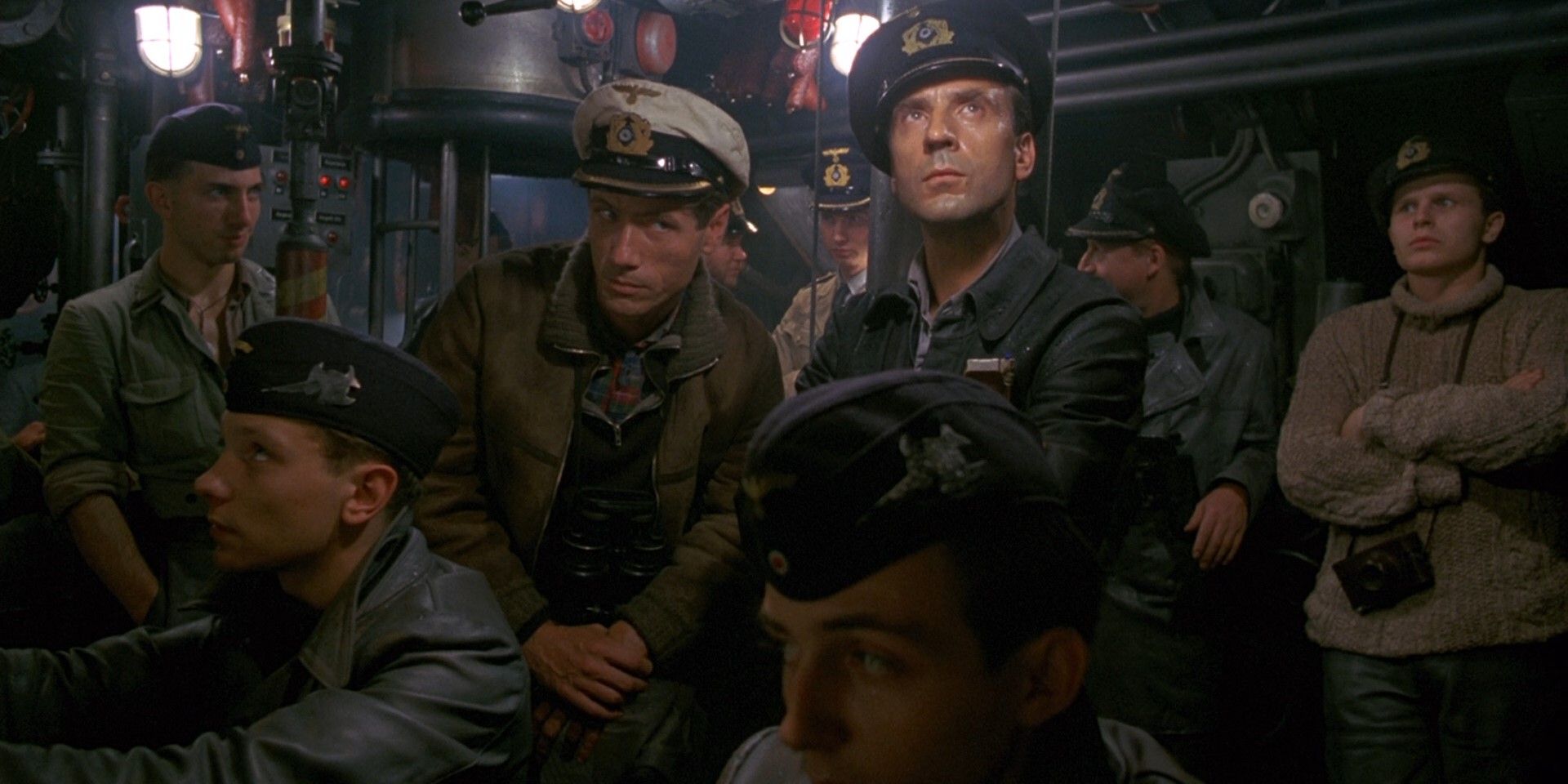
A German submarine movie, Das Boot is a non-stop claustrophobic epic. Set during the final days of the Second World War, the film begins with a thoroughly demoralized crew who know they’re sailing into a losing battle, out-gunned and out-numbered.
The film is a masterpiece of establishing the huge crew, their different roles, and relationships with one another and would prove hugely influential to many subsequent films. While an entertaining story, it is ultimately a tragedy, with the film doing a good job of humanizing men who have long been cinematic villains.
Hacksaw Ridge (2016)
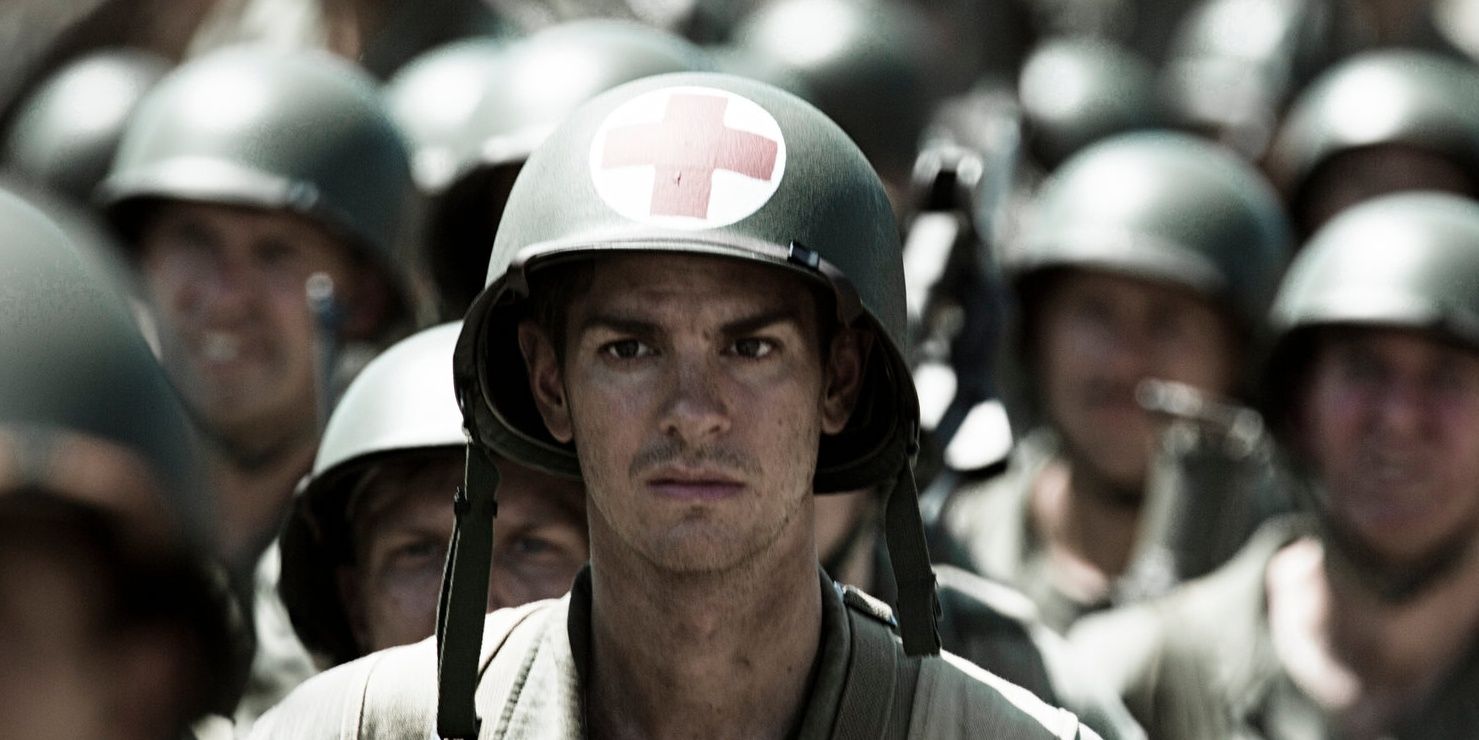
Based on a true story, Andrew Garfield plays Desmond Doss, a devoutly Christian soldier who, despite serving in World War 2, refused to ever pick up a weapon. The first half of the film establishes Doss and his belief, exploring how he was put on trial for cowardice and his insistence that he would serve as a medic, but never kill.
As the film transitions to the war in Japan, the battle scenes are amongst some of the most brutal ever filmed. But it’s in order to give weight to the incredible bravery of Doss, who individually saved hundreds of lives.
All Quiet On The Western Front (1930)
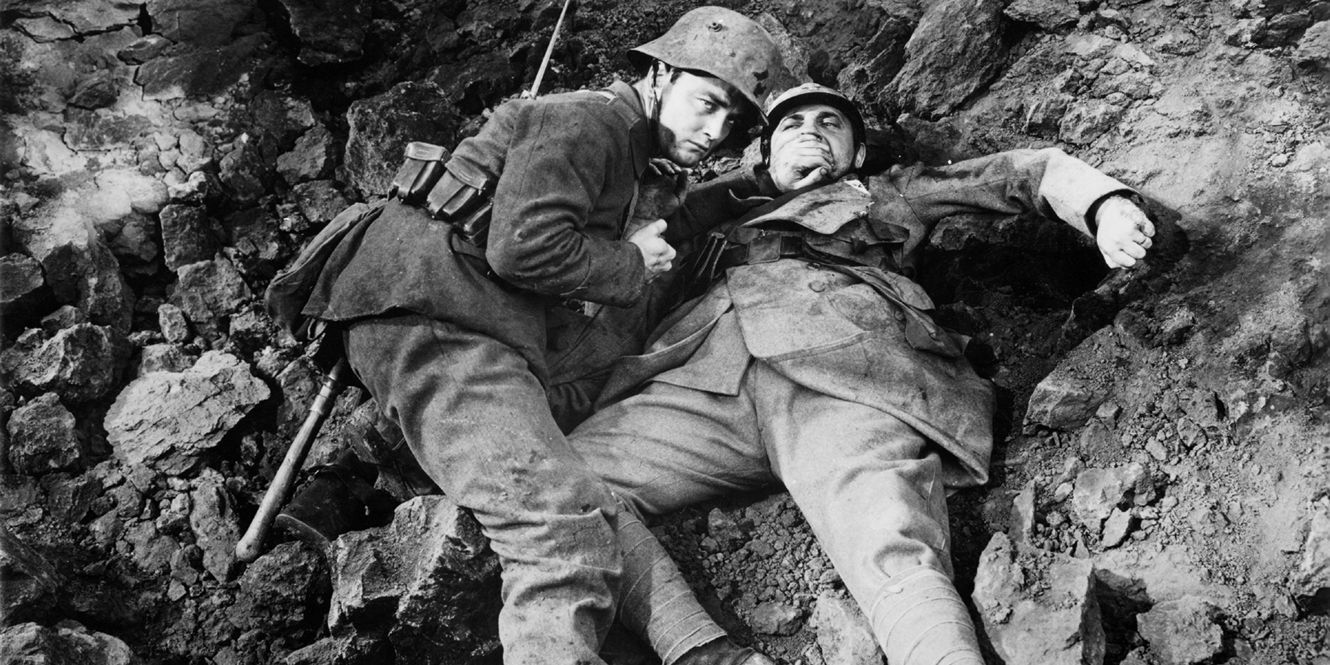
While it is nearly 100 years old, All Quiet on the Western Front remains as pertinent and impactful as ever. It’s a rare example of an American production adapting a German World War 1 novel, told from the German perspective.
The film follows two young soldiers as they grow up in Germany, get assigned to the trenches, and are eventually discharged. The film is celebrated for its amazingly effective portrayal of the loss of innocence, from both the war and the loss of an entire generation that died fighting it.
Full Metal Jacket (1987)
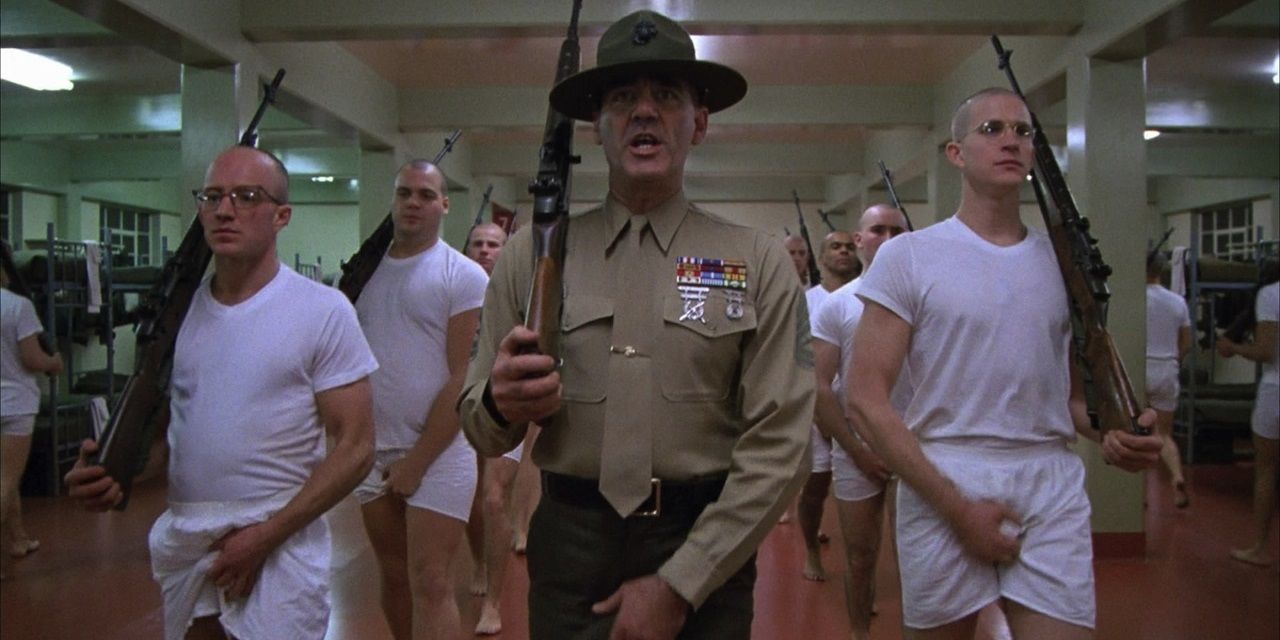
War clearly fascinated Stanley Kubrick (as a lot of his films feature on this list), but his most cutting indictment of it comes from Full Metal Jacket. Opening in an army boot camp, the film features an iconic performance from R.Lee Ermey as a viciously cruel Drill Sergeant. The film criticizes the image of the American soldier as the ultimate killing machine, presenting it as damaging and highly ironic.
This increases when the action moves to war, which Kubrick depicts as a cheesy action movie, reducing the complexity of war to some extravagant playground game.
A Hidden Life (2019)
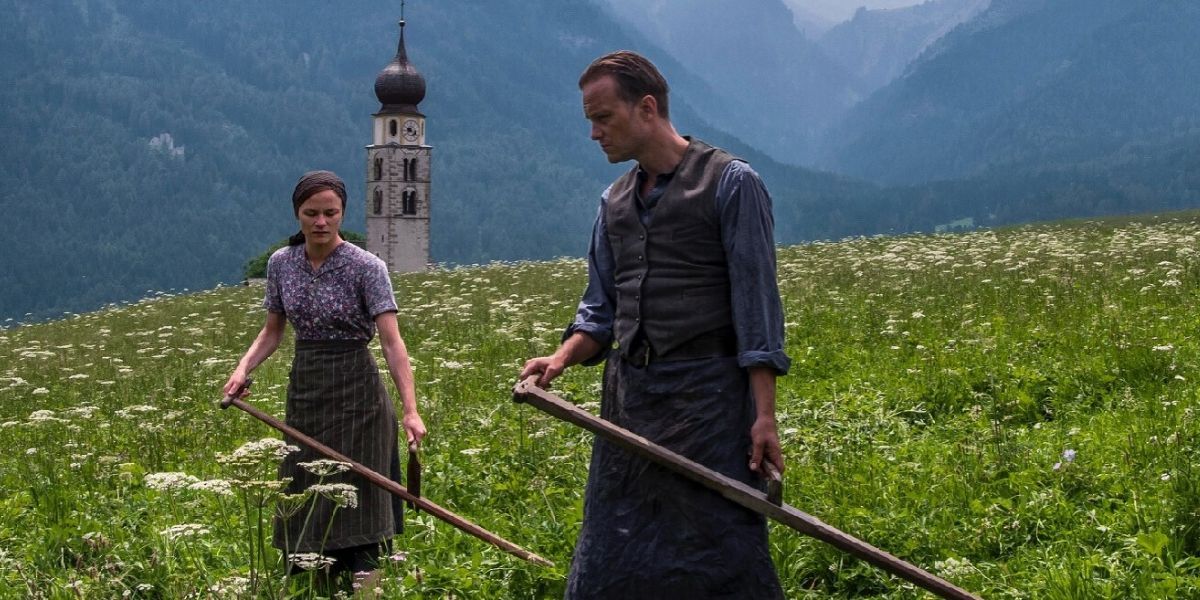
The film follows Franz Jägerstätter, a real-life Austrian who became a conscientious objector and refused to fight for the Nazis. Directed by Terrence Malick, the film is full of the beautiful and poetic shots the director is best known for. It offers a philosophical study of morality in the face of higher powers and of becoming lost within your own country.
While Franz firmly believes he is doing the right thing, he knows it’s sacrificing the very thing he wants to defend – a simple life, dedicated to nature, which, after the war will never exist again.
M.A.S.H (1970)
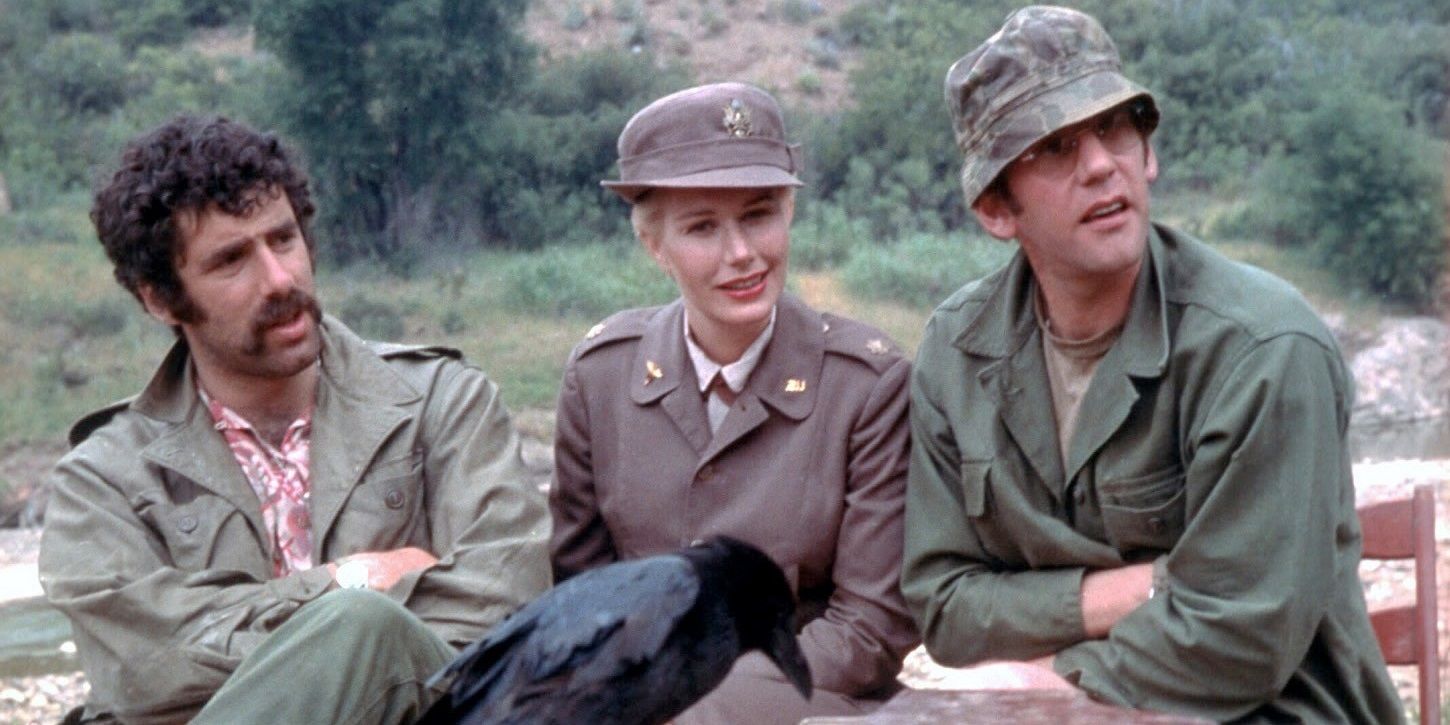
Robert Altman’s classic (and the series it inspired) has long been celebrated as one of the best anti-war films of all time. Set in a hospital during the Korean War, it follows a group of wisecracking doctors as they deal with the constant arrival of injured and dying soldiers.
While it has a strong sense of humor running through it, it’s only there to cover up the horrible underside of war – the traumatic side of this reality. One of the first examples of using humor to subvert cinematic tropes, the film remains a bittersweet masterpiece.
Dr. Strangelove (1964)
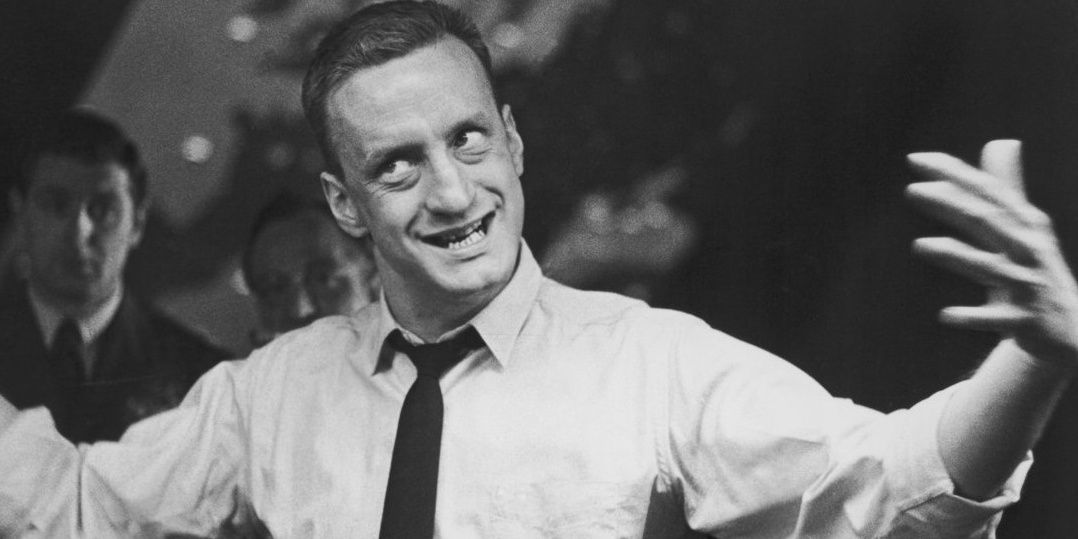
When Stanley Kubrick first began to make the Cold War-era Dr. Strangelove, he wanted it to be a hard-hitting political drama about the threat of mutually assured nuclear destruction. Eventually, his exploration into the reasons behind two super-powers having enough firepower to destroy each other multiple times flipped a dark comedy switch in his brain.
The film is hilarious, as it shows Russia and America working together to prevent an accidental attack. Framed as a piece of international cooperation, it eventually devolves into scene after scene of childish bickering.
Incendies (2010)
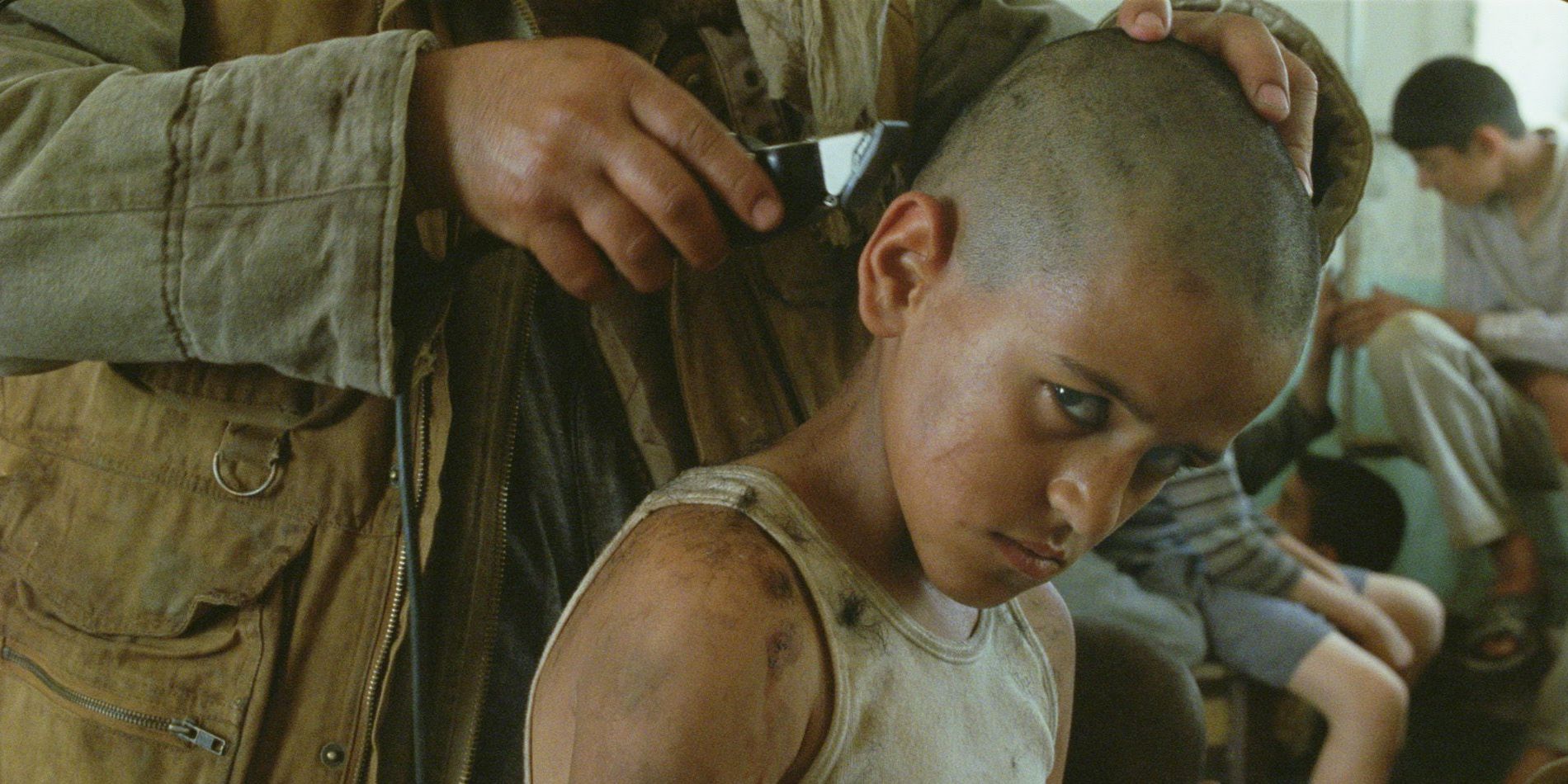
Denis Villeneuve’s break-out hit is argued by many to be his best film. Like Da 5 Bloods, it tackles the generational effect of war, exploring how time can drag the chaos out long after the fighting is finished.
Beginning in Canada, it follows a pair of twins as they are given two notes from their dying mother – one for their brother and another for their father, both of whom they thought were dead. The film then proceeds to unravel this mystery, as it takes the twins through their mother’s history depicting the brutalities and the chaotic legacy of an anonymous Middle-Eastern war.
Paths Of Glory (1957)
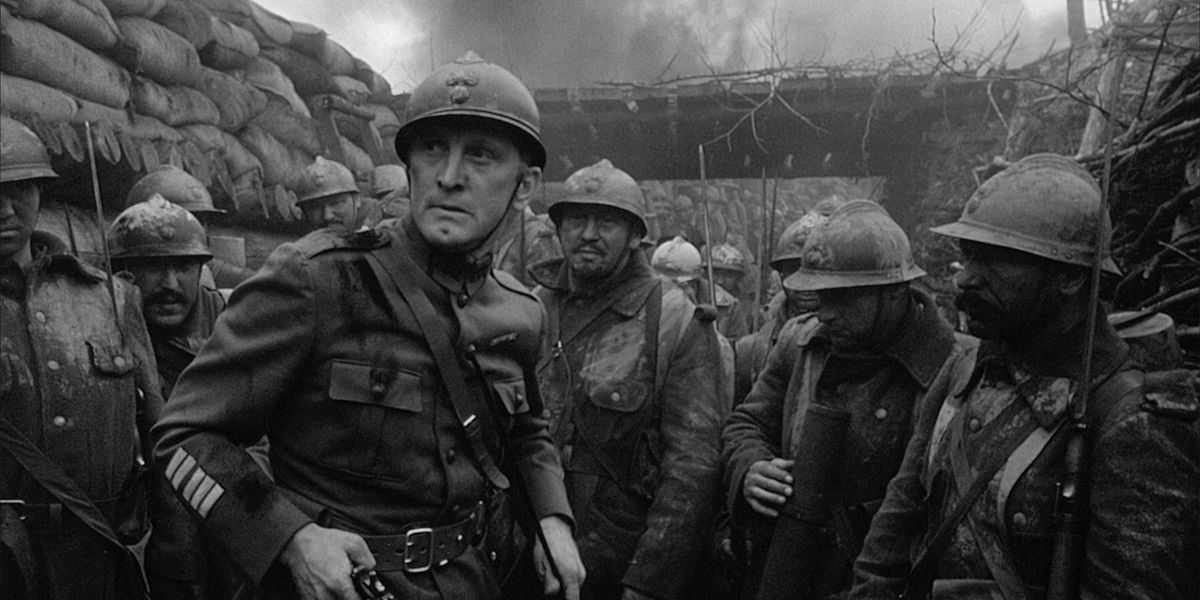
This film is highly praised for Kubrick’s innovative camera-work, in which long shots push through the trenches to give the audience a perspective of war they had never seen before. As well as an important piece of cinema, Paths of Glory is one of the most striking anti-war films ever made.
Kirk Douglas stars as a commanding officer who must defend a group of his own men who are accused of cowardice. It is a blazing criticism of the lofty pretenses of honor and duty that was seen amongst the officers of the First World War, who, despite the abject horror around them, still saw it fit to execute hundreds of their own men.
